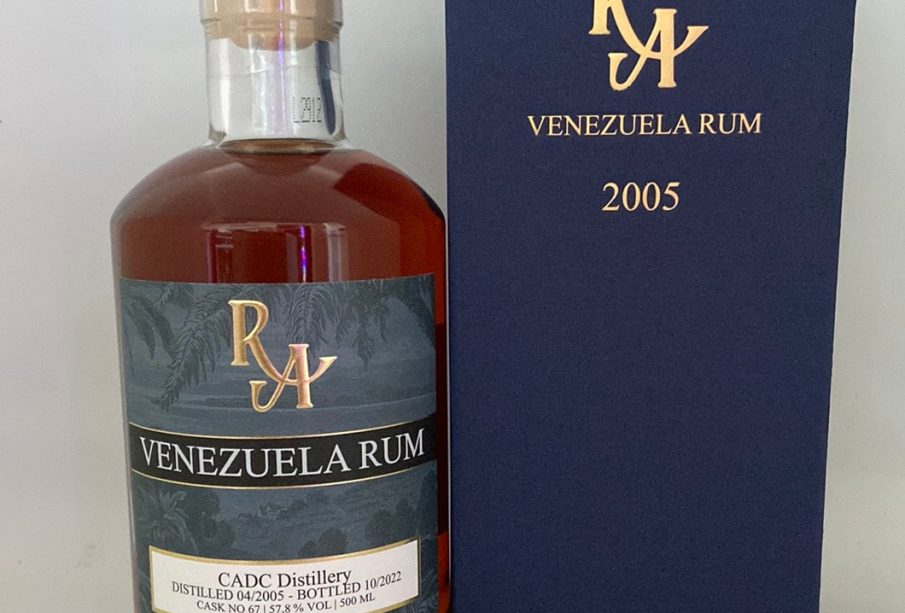Understanding the Current Situation in Venezuela

Introduction
Venezuela, a country with one of the largest oil reserves in the world, has faced a significant crisis over the past decade. The combination of political strife, economic collapse, and humanitarian emergencies has placed Venezuela at the forefront of international discussions. Understanding the current situation in Venezuela is crucial not only for the nation’s future but also for regional stability in Latin America.
Political Landscape
The political situation in Venezuela remains highly contentious. Nicolás Maduro has been in power since 2013, following the death of his predecessor Hugo Chávez. His administration has faced accusations of authoritarianism, with reports of repression against opposition figures and widespread human rights violations. In recent months, the opposition, led by Juan Guaidó, has struggled to gain traction against Maduro’s government, which has maintained control over the military and state resources.
Economic Crisis
Venezuela’s economy has contracted for several consecutive years, exacerbated by falling oil prices, mismanagement, and U.S. sanctions. According to the International Monetary Fund (IMF), Venezuela’s GDP shrank by nearly 75% from 2013 to 2021. With hyperinflation running rampant, the national currency, the Bolívar, has devalued significantly, rendering it nearly worthless. Basic necessities such as food, medicines, and sanitary products are in short supply, leading to dire conditions for millions.
Humanitarian Issues
As a result of the economic turmoil and political instability, Venezuela is experiencing a humanitarian crisis. The United Nations estimates that around 7 million Venezuelans are in need of humanitarian assistance. Food insecurity is rampant, with millions struggling to access adequate nutrition. Moreover, a large portion of the population has fled the country, seeking refuge in neighbouring nations, creating one of the largest migration crises in the region.
International Reactions
The complexity of the Venezuelan crisis has garnered global attention, with various countries taking opposing stances. The U.S. and several European nations have imposed sanctions aimed at pressuring Maduro’s government, while countries like Russia and China continue to support the regime. The divergent approaches highlight the geopolitical implications of the crisis, impacting diplomatic relations within the region.
Conclusion
The current situation in Venezuela poses significant challenges, not only for its populace but also for the international community. The ongoing political and economic crises have broad implications for regional security, migration patterns, and human rights. As the situation evolves, it remains to be seen whether internal reforms can be implemented to bring stability to Venezuela or if external intervention will heighten the conflict. For the global community, fostering dialogue and supporting humanitarian efforts may be key strategies in addressing the needs of the Venezuelan people moving forward.









